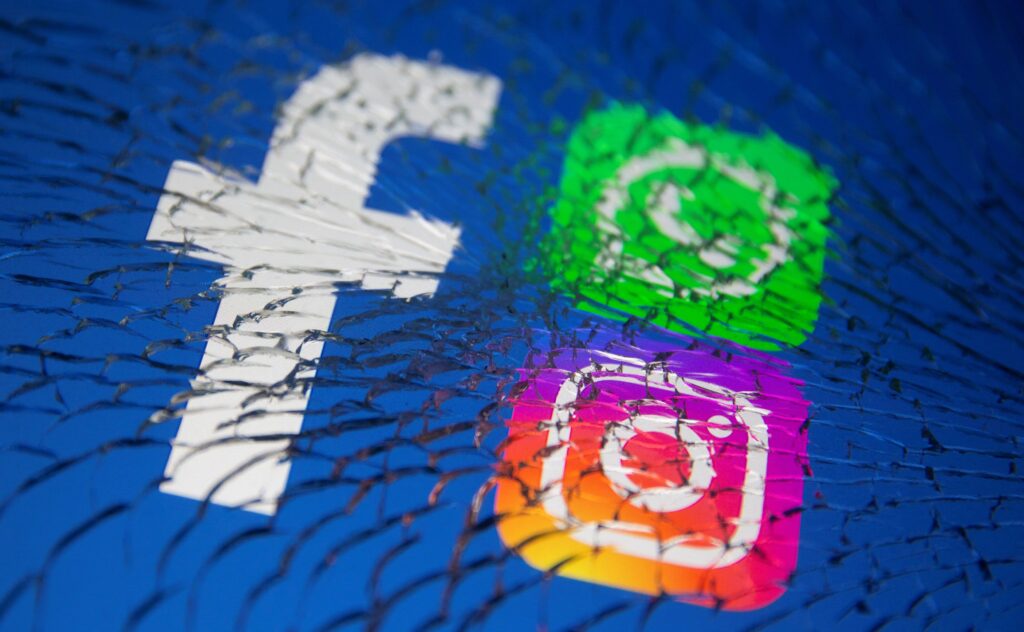Users Of Facebook, Instagram, And WhatsApp Should Be Aware Of The ‘39,000-Plus Reasons’ To Be Cautious.

Users of Facebook, Instagram, and WhatsApp should be aware that there are at least 39,000 websites attempting to fool you into disclosing your login credentials. And none other than Meta has revealed these data (previously Facebook). WhatsApp and Instagram are owned by Facebook, which is now known as Meta. Meta filed a lawsuit in California earlier this week to stop this massive phishing campaign. The business has launched a federal lawsuit in an attempt to “uncover the names” of those who built the 39,000-plus websites.
According to the business, this phishing method entails the development of websites that imitate Facebook, Messenger, Instagram, and WhatsApp login pages. Scammers, according to the report, utilize the Ngrok relay service to send people to their websites in a way that allows them to mask their activity. According to the lawsuit, “this enabled them to conceal the true location of the phishing websites, as well as the names of their online hosting providers and the defendants.”
When Did Phishing Assaults First Become Popular?
Though the exact date of the attacks’ inception is unknown, the volume of these attacks is said to have escalated around March 2021. The corporation then collaborated with the relay provider to put a stop to thousands of phishing URLs. “This action is another step in our ongoing efforts to protect people’s safety and privacy, send a strong message to anyone attempting to exploit our platform, and raise the accountability of those who abuse technology,” the business said.
This isn’t the first time Meta has threatened legal action in an attempt to stop a phishing attack. The corporation filed lawsuits against two domain name registrars, OnlineNIC and Namecheap, in 2019 and 2020, alleging that they allowed cybersquatters to claim domains like instagrambusinesshelp.com and whatsappdownload.site.
On all devices and networks, be proactive with network security. This covers cell phones, as well as avoiding using social media on the company’s network. Multi-factor authentication should be used. As a result, even if a password is compromised, the user’s account remains safe. Cybercriminals have turned their attention to social media. All enterprises should take proper steps to protect themselves against cybercrime, and users should safeguard their personal information to avoid misuse. Because cyberspace is becoming a significant area for criminal activity, there is a need for broad collaboration across nations to tackle the growing threat of social network security and social media cyber attacks.


